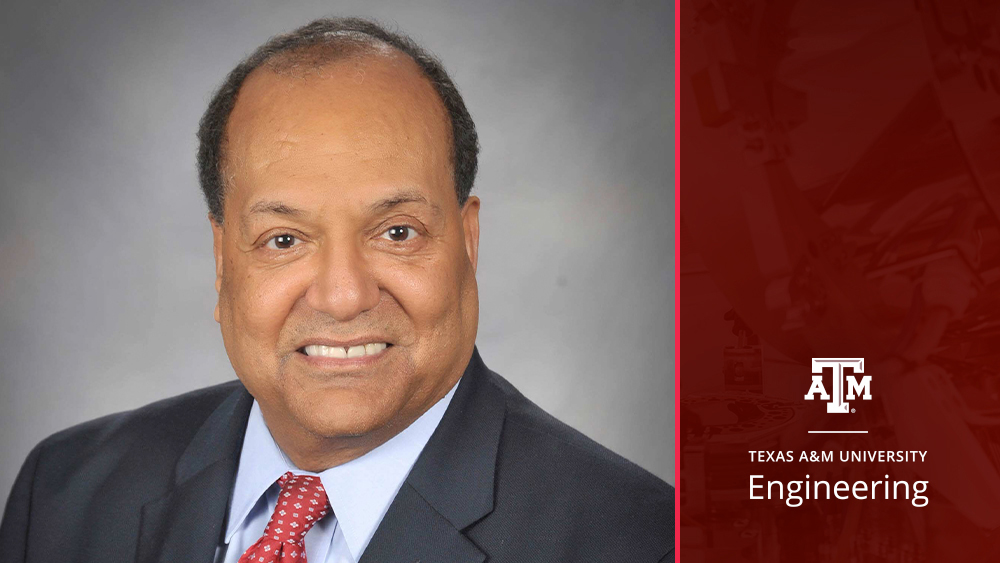
The Texas A&M Engineering Experiment Station (TEES) announced the creation of the new Center for Advanced Small Modular and Micro Nuclear Reactors (CASMR), which will focus on enabling the world’s transition to clean energy while protecting the environment.
Renowned nuclear engineering researcher Dr. Yassin Hassan will lead the center. Hassan is a member of the National Academy of Engineering, a Regents Professor and the holder of the Peterson Chair in the Texas A&M University College of Engineering.
The massive winter storm that hit Texas in February 2021 challenged the state’s energy infrastructure. Millions lost electricity and heat, which left many in dire situations and without basic needs. To help prevent a repeat of these scenarios, CASMR researchers will focus their efforts on developing and demonstrating technologies that deliver affordable, reliable, resilient, secure, flexible and sustainable energy, with unparalleled safety and zero carbon emission for clean energy.
“Building upon TEES’ already extensive capability in innovation, the center supports work across the entire technology development spectrum from basic research to reactor design, manufacturing and deployment,” said Dr. John E. Hurtado, interim vice chancellor and dean of the College of Engineering and interim director of TEES. “TEES is well positioned to conduct cutting-edge research that advances the design, construction and operation of advanced nuclear reactors.”
The center aims to hasten the development of new and transformative technologies, materials, and modeling and simulation that will make nuclear fission more affordable and then deploy it rapidly and securely. Small modular reactors and microreactors can provide electricity and heat as a source of energy under a wide variety of these unique and severe conditions. Small modular and microreactors provide a combination of benefits as being highly resilient, carbon-free, flexible and can produce electricity on demand and operate for years without the need to refuel. Microreactors and small nuclear reactors are ideal for use in remote areas and on microgrids.
The center will also bring a diverse group of domestic and international industry, government agencies, laboratories, the public, and key decision-makers and academia to collaborate on nuclear energy initiatives to rapidly bridge the gaps between basic research, engineering development and commercialization.
